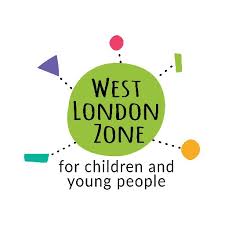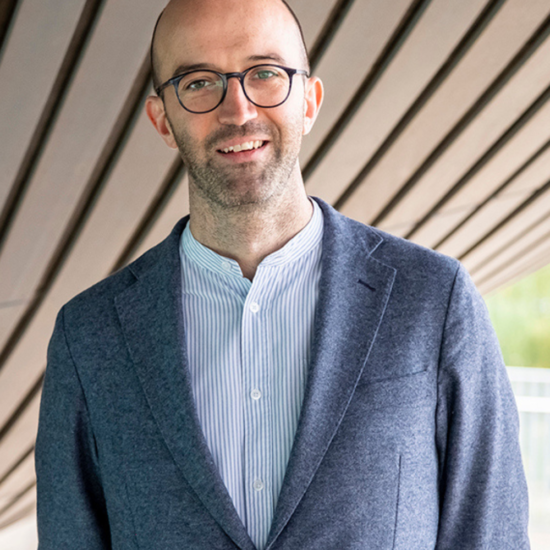
Funding place-based systemic change: West London Zone
The funding place-based systemic change project includes a series of case studies from places and organisations that are learning to change systems. The framework for place-based systemic change describes five approaches to change.
This case study describes approach 5: whole place thinking
These are approaches that start and end by thinking about the whole place, whether through the ambition of a group of local people, or a highly defined and funded intervention that begins with strategic collaboration across. They start by thinking about the whole, and so there is a potential to work systemically quickly. Their novelty and ambition are both their systemic strength and challenge.
This example of whole place work was not part of the research, but is included because it shows a different way to doing whole place work compared with the Onion Collective case study included in the research.

About West London Zone
West London Zone started out as ‘systems thinking’ in a community in west London ‘around the Harrow Road’, one of the most unequal areas in England. Families, charities, local government and schools, came together because everyone knew someone – friends, siblings, sons, daughters – who might have taken a different path with the right opportunities and with their local ecosystem of support working better for them.
West London Zone was inspired by the world’s first ‘children’s zone’ – the ground-breaking Harlem Children’s Zone (HCZ), later rolled out across 20 US states as President Obama’s ‘Promise Neighbourhoods’ programme. One of the founders, Danny Kruger visited Harlem Children’s Zone in 2011.
Danny wanted to take HCZ’s core principles – working with a group of children from ‘cradle-to- career’ in a place-based way by building deep relationships – to change the lives of children in west London. He and the chief executive Louisa Mitchell led a community consultation to agree how to do this.
They interviewed local families with children of all ages, ex-offenders, and groups of secondary school students. They then brought together over 40 people from local government, the voluntary sector, education, community groups, and funders, to work together over about 6 months to design a model.
What has emerged from this is a community led, systems thinking, impact-driven delivery model. There is a team of West London Zone Link Workers, each embedded in a primary or secondary school every day as the trusted adult for every child on the programme. Supported by a West London Zone backbone team, they guide, support and champion each child and are responsible for designing and facilitating each child’s 2-year programme of support with them, their families and their teachers. Programmes often include specialist support such as therapy, drama, sport and catch up literacy, delivered in partnership with organisations and services working locally.
They aim to ensure that the whole community – families, schools, charities, local council, community groups – is joined up around the child to support them growing up in our Zone.
Each child’s plan is dynamic and regularly adjusted so that it meets all of their developmental needs as they progress. By tracking their progress and adapting their plan, they ensure they are improving their wellbeing, capability to form relationships, confidence and school grades throughout the 2-year programe. They also track the child’s progess over the long term until they leave school. A child can come back into the programme if they go off-track again.
Over the last five years West London Zone has grown from working with 100 children in 3 schools in one local council near the Harrow Road, to 1000 children in 30 schools in the four local councils that surround the Harrow Road. Ultimately, the aim is to change the place for a generation of children.
Their vision is of a west London community where all children and young people have access to the support they need to enable them to overcome challenges and achieve their goals.
Find out more about the Funding for Systems Change project.
Read learning papers 1, 2 and 4

- Want to find out more?
- Contact Private: John Hitchin on:
- 020 7033 2639
- j.hitchin@renaisi.com








